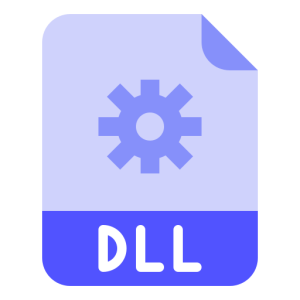Description
libvlc.dll
libvlc.dll is a dynamic link library (DLL) file that is a crucial component of the LibVLC media framework. It is designed to provide a cross-platform solution for media playback and streaming functionality in software applications. The DLL contains a set of functions, APIs, and resources that enable seamless integration and control of audio and video playback within an application.
This library plays a vital role in managing various aspects of media playback, including decoding, rendering, and control operations. It provides developers with the necessary tools and functionality to build multimedia applications that can play a wide range of media formats, including audio and video files, streaming protocols, and DVDs.
libvlc.dll is commonly used by software applications developed in various programming languages, including C++, C#, and Java, to incorporate multimedia playback capabilities. Developers often include the necessary LibVLC libraries along with their applications to ensure smooth media playback and support for various codecs and media formats.
Purpose and Functionality
libvlc.dll serves as a fundamental building block for multimedia playback within an application. Its primary functions include:
- Media Decoding and Rendering: The DLL provides APIs and functions to decode and render audio and video content from multiple file formats or streaming sources. It supports a vast range of codecs and media formats, allowing applications to play media files regardless of their source or encoding.
- Media Control and Manipulation: libvlc.dll offers a rich set of controls and APIs for managing media playback, allowing applications to play, pause, seek, control volume, and perform various other operations on media files or streaming content.
- Streaming Support: The DLL includes functionality for streaming media over various network protocols, such as HTTP, RTSP, and UDP. It enables developers to incorporate live streaming capabilities into their applications, allowing users to access and play remote media sources.
Common Use Cases
libvlc.dll is widely used in software applications that require media playback functionality. It is commonly used for:
- Media Players: Developers use libvlc.dll to build standalone media player applications that can play audio and video files, DVDs, or stream content from various sources.
- Video Editors: Video editing software often utilizes libvlc.dll to preview and play video clips, facilitating the editing process.
- Multimedia Applications: Applications that require multimedia capabilities, such as media converters, screen capture tools, and video conferencing software, can leverage libvlc.dll to add audio and video playback functionalities.

